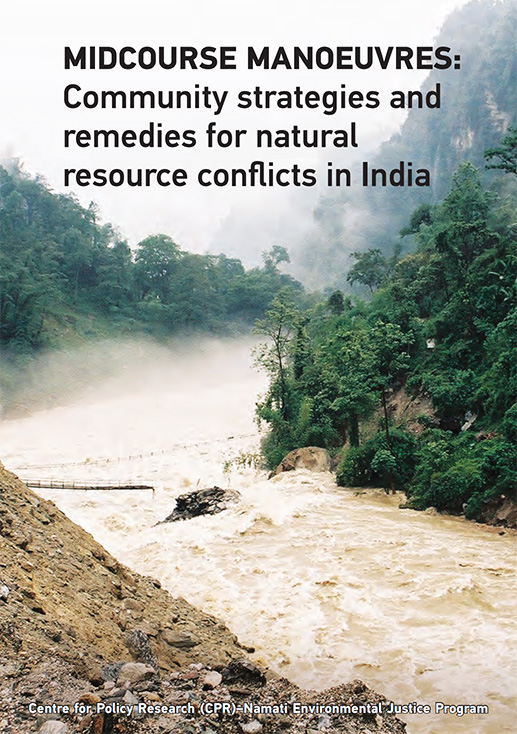Legal empowerment in practice: Using legal tools to secure land rights in Africa
In many parts of Africa, legal services organisations have developed innovative ways for using legal processes to help disadvantaged groups have more secure land rights. Their approaches, tools and methods vary widely – from legal literacy training to paralegals programmes, from participatory methodologies to help local groups register their lands or negotiate with government or the private sector through to legal representation and strategic use of public interest litigation.


